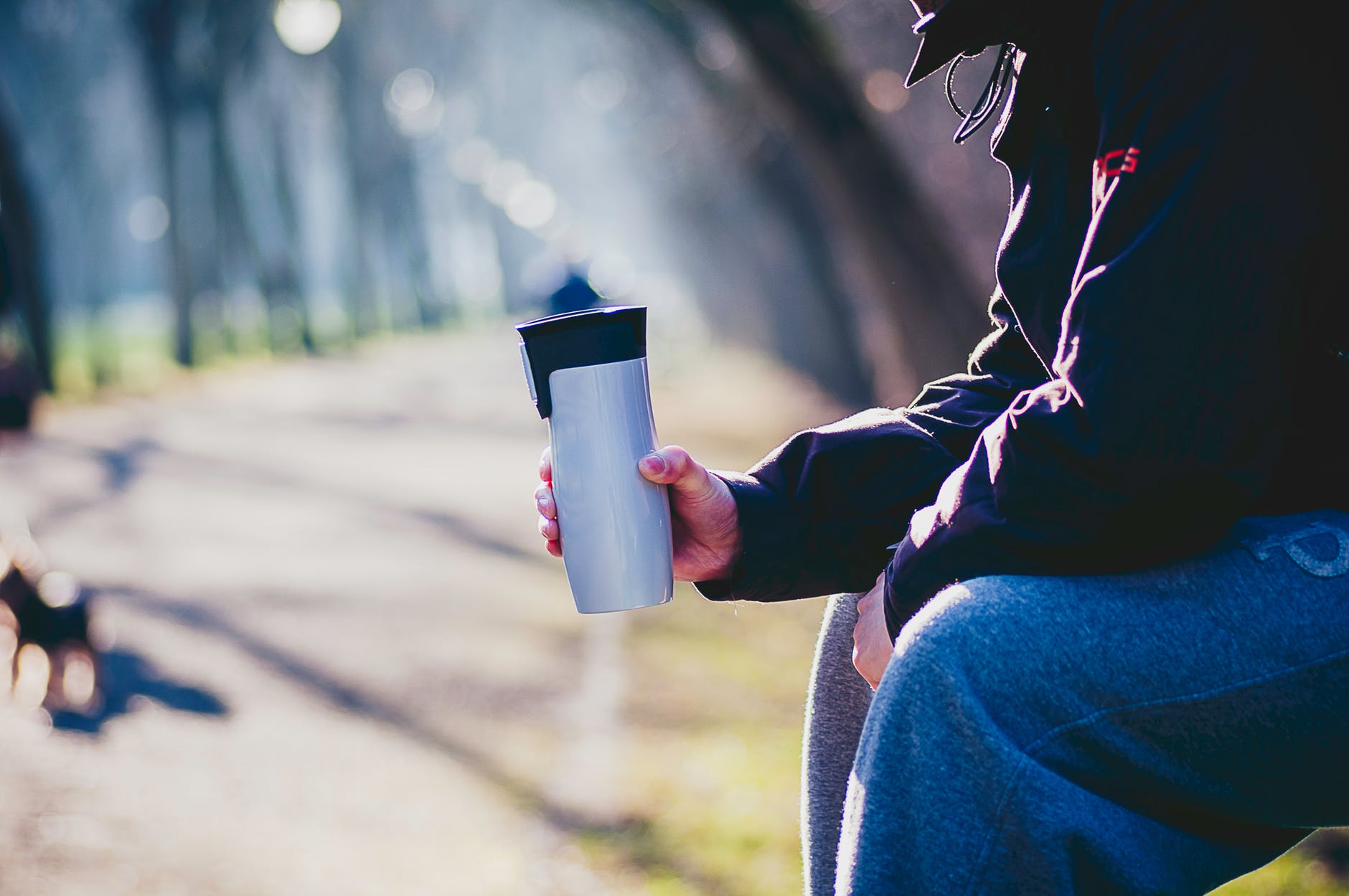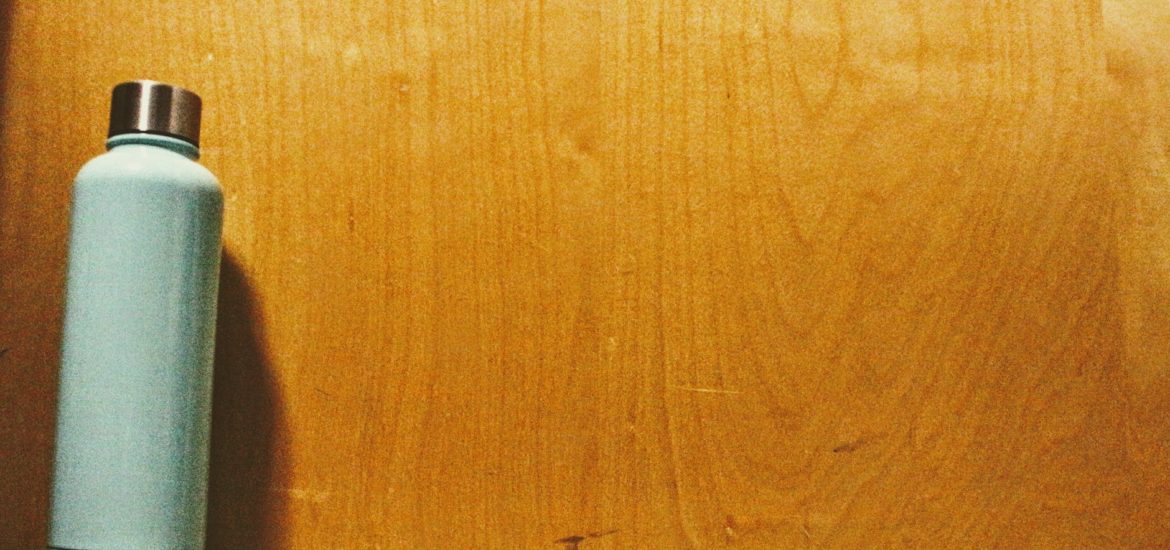
Ask anyone what you need most during a hike and they will say water. It makes sense because you are engaging in a physical activity that will make you sweat and requires you to be hydrated, in order to stay safe. However, when you are doing ultra light back packing the whole idea is having as little weight as possible. This increases the comfort of the hike, which is a staple of ultra light back packing. There is a fine line between carrying too much water, and being dangerously close to not having enough.
However it is important for you not to skimp on the amount of water that you bring. No matter what, when you are hiking you are going to need to stay properly hydrated in order to stay alive. Hydration is key, when it comes to being able to stay safe while you are back packing.
To lower your backpacking weight by carrying less water with you, you will need to do a water calculation. This calculation will give a prediction of the supply of water that you will need to bring with you on your backpacking trip. The very minimum that you will need to take with you on your trip is three quarts for every day on the trail This calculation does make the assumption that you will find water along the way, If you want to do a more detailed calculation of your water needs than plan on taking or finding one quart of water for every two hours on the trail.
Personally for my backpack, I use The PNW Waterproof Backpack which has really been my go to buddy when traveling.
There are more considerations to be taken into account when you are considering lowering backpacking weight by carrying less water. You need to take into account the climate, weather, and season of the environment where you will be hiking. In a climate with less rainfall than 14 inches or so, you will need to add more water to your daily needs. If the weather reports are predicting warmer temperatures than you should be prepared to bring more water. Seasons, will not only affect your temperature, and thus your need for water, but seasons will also affect the water streams in where you are hiking. Always make sure to see that a river will not be flooding while you are hiking.
Finding water on your weigh is a great way to lower backpacking weight by carrying less water. To find water out in the wilderness you will need to consult a topographic map of the environment. Mark all of the river and stream crossings that you will come to. For good measure, consult a ranger station or a park authority to make sure you will have available water on your route.
http://www.the-ultralight-site.com/ , ultra-light-site.com

